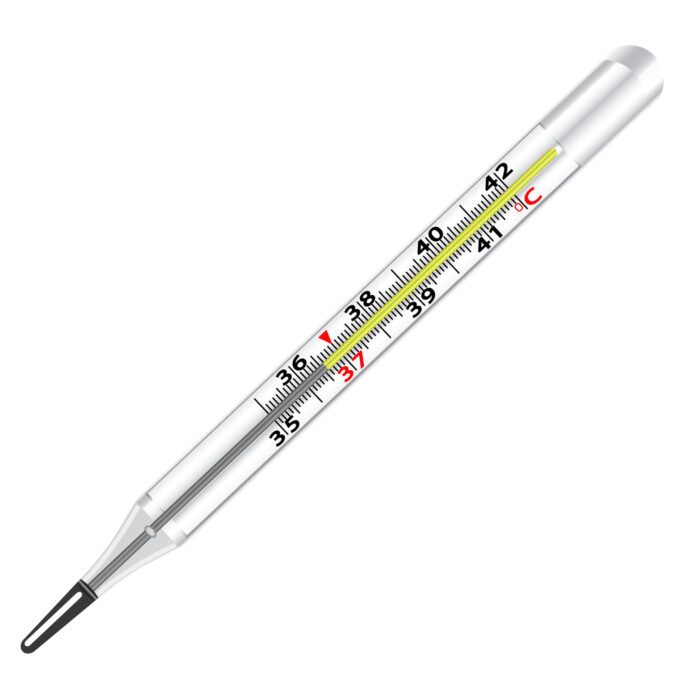
How good is good enough? The importance of medical device performance specifications
The phrase “good enough” may have a negative connotation, but it is a critical concept in the development of a medical device. As applied to the device performance levels, knowing what is required to achieve the device’s effectiveness goals is, surprisingly, an often overlooked aspect of the design process. Too often these requirements are assumed, ignored, or worse still, defined as the best possible.
Assumptions, unknowns and vague goals are what derail development projects. As an example, developing a home thermometer for determining if someone has a fever doesn’t require a device accurate to within 0.001°C across a range of 0 to 100°C. It does require repeatability and tolerance for variations in how the untrained end user, stressed out by their sick child, operates the device.
Regulatory bodies can’t be expected to be experts in all aspects of all devices. As a developer you have to include a performance specification with your submission along with evidence the device meets those specifications. The justification for the specification can be based on the measured performance of an approved similar device, clinical studies, references to published data or some combination of all three.
If clinical studies are the only possible route, don’t wait until the pre-production device to start the study. Testing, if done correctly, always results in new knowledge. Incorporating that knowledge late into the design process can be expensive. All too often the choice is raise more money or go to market with a compromised product.
Know what is required and design to that. There is always a point where any increase in performance provides little or no increase in the effectiveness. Going beyond that point is a distraction from the other aspects of device development. Telling the parent their child has a temperature of 38.674°C may be an impressive engineering feat but the last 2 digits have no real value and any time spent in development getting there was misspent.
Rob Keur is a former regulatory affairs expert at Starfish Medical. He follows his own advice on medical device performance specifications.
Image: 8235156 / aarrows – CanStockPhoto
